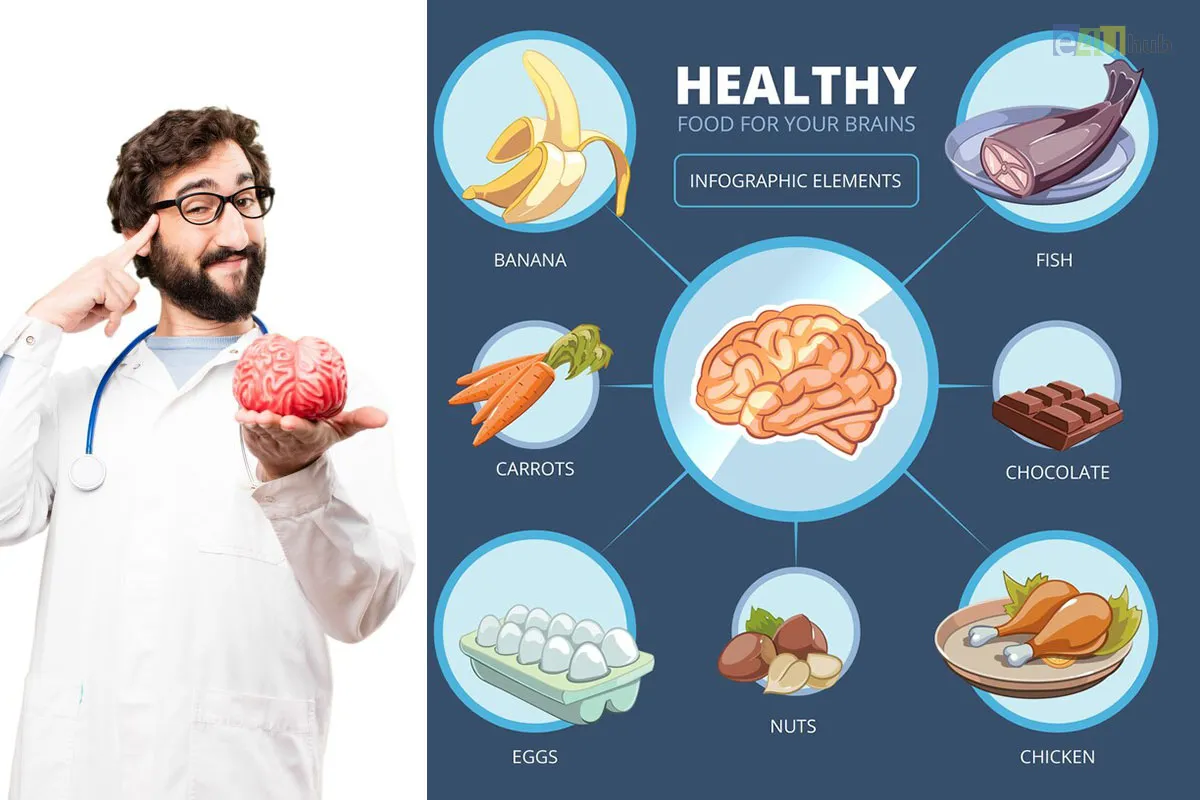
Healthy Eating Habits to Adopt for a Balanced Diet
- 03 Jul, 2024
- Food
- 768 Views
- 0 Comments
In a world filled with fast food and processed meals, maintaining a balanced diet can seem like a daunting task. However, adopting healthy eating habits is crucial for overall well-being, energy, and longevity. A balanced diet provides your body with the essential nutrients it needs to function optimally. Here are some practical and sustainable healthy eating habits to help you achieve a balanced diet.
1. Embrace Whole Foods
Whole foods, such as fruits, vegetables, whole grains, and lean proteins, are the cornerstone of a balanced diet. These foods are minimally processed and rich in essential nutrients. By incorporating more whole foods into your meals, you can ensure that you are getting a variety of vitamins, minerals, and antioxidants.
Tips:
a. Fill half your plate with fruits and vegetables at each meal.
b. Choose whole grains like brown rice, quinoa, and whole-wheat bread over refined grains.
c. Opt for lean proteins such as chicken, fish, beans, and legumes.
2. Practice Portion Control
Portion control is key to preventing overeating and maintaining a healthy weight. It’s not just what you eat, but how much you eat that matters. Learning to recognize appropriate portion sizes can help you avoid consuming too many calories.
Tips:
a. Use smaller plates and bowls to help control portion sizes.
b. Listen to your body’s hunger and fullness cues, and avoid eating out of boredom or stress.
c. Pay attention to serving sizes on nutrition labels to make informed choices.
3. Stay Hydrated
Proper hydration is essential for overall health. Water plays a vital role in digestion, nutrient absorption, and temperature regulation. Drinking enough water can also help you feel fuller and prevent overeating.
Tips:
a. Aim to drink at least 8 cups (64 ounces) of water daily, or more if you are active.
b. Carry a reusable water bottle with you to stay hydrated throughout the day.
c. Infuse water with fruits or herbs for added flavor without extra calories.
4. Limit Added Sugars and Refined Carbs
Excessive consumption of added sugars and refined carbohydrates can lead to weight gain, increased blood sugar levels, and a higher risk of chronic diseases. Reducing your intake of sugary drinks, sweets, and processed foods can significantly improve your diet.
Tips:
a. Choose natural sweeteners like honey or maple syrup in moderation.
b. Swap sugary snacks for fresh fruits or nuts.
c. Read food labels to identify hidden sugars in packaged foods.
5. Incorporate Healthy Fats
Not all fats are created equal. Healthy fats, such as those found in avocados, nuts, seeds, and olive oil, are essential for brain health, hormone production, and overall well-being. Incorporating these fats into your diet can improve your heart health and keep you satisfied.
Tips:
a. Add avocado slices to salads and sandwiches.
b. Use olive oil for cooking and dressings.
c. Snack on a handful of nuts or seeds for a nutrient-dense option.
6. Plan Your Meals
Meal planning can help you make healthier choices, save time, and reduce stress. By planning your meals ahead of time, you can ensure that you have nutritious options readily available and avoid the temptation of unhealthy convenience foods.
Tips:
a. Set aside time each week to plan and prep your meals.
b. Create a grocery list based on your meal plan to avoid impulse purchases.
c. Batch cook and freeze meals for busy days.
7. Mindful Eating
Mindful eating involves paying attention to the experience of eating and savoring each bite. This practice can help you enjoy your food more and make healthier choices.
Tips:
a. Eat slowly and chew your food thoroughly.
b. Remove distractions, such as TV or smartphones, while eating.
c.Take time to appreciate the flavors, textures, and aromas of your food.
Conclusion
Adopting healthy eating habits is a journey, not a destination. By incorporating these habits into your daily routine, you can achieve a balanced diet that supports your overall health and well-being. Remember, it’s about making consistent, small changes that add up over time. Start with one or two habits, and gradually build on them as you progress. Your body will thank you for the effort, and you’ll enjoy the benefits of a healthier, more balanced life.















Leave a Reply